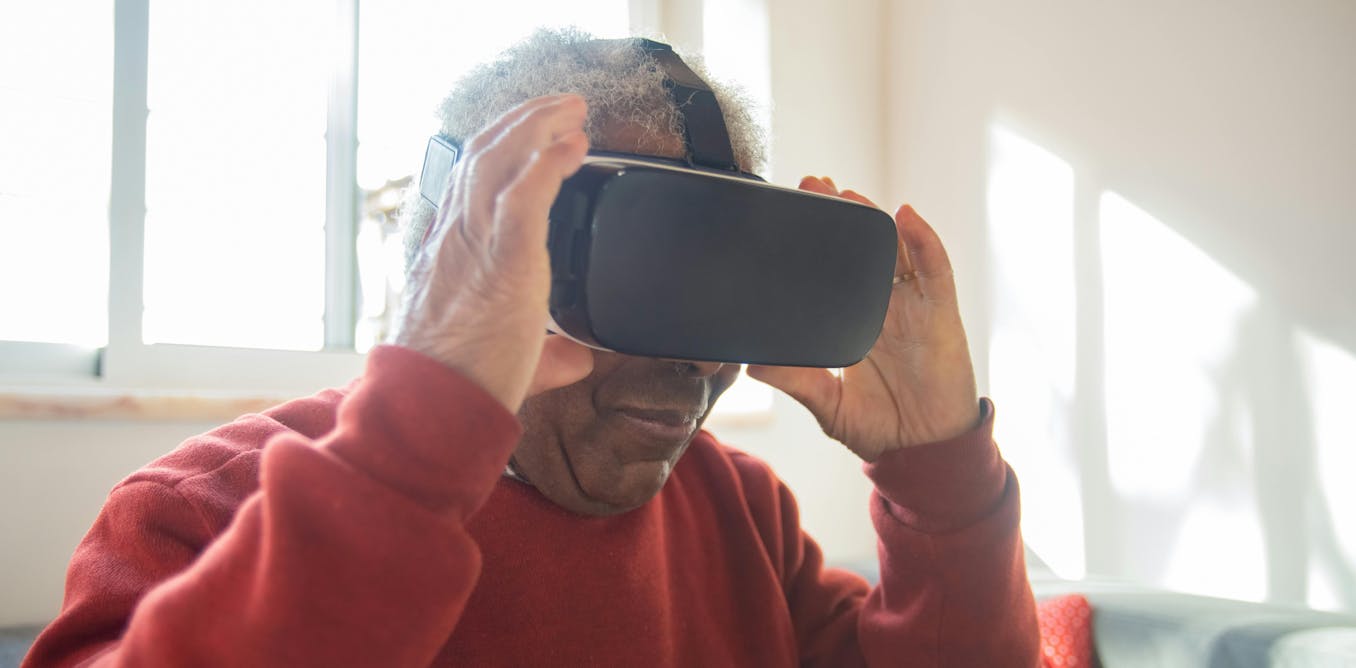Using Virtual Reality for Cognitive Screening: A Potential Breakthrough in Dementia Diagnosis
Virtual Reality Could Revolutionize Dementia Screening
As we age, changes in memory and thinking are common. While these changes are often a normal part of getting older, they can sometimes indicate something more serious, such as the onset of dementia. Current methods of dementia screening have limitations, and testing can be intimidating for patients.
However, recent research suggests that virtual reality (VR) could be a game-changer in the field of cognitive screening. VR technology, known for its immersive experiences, has the potential to revolutionize the way we assess cognitive function and detect early signs of dementia.
Challenges with Current Testing Methods
Traditional dementia screening tools are effective at identifying cognitive problems that are already apparent. However, they often struggle to detect early and subtle changes in memory and thinking. This can result in missed diagnoses until symptoms worsen.
Clinical neuropsychological assessments offer a more comprehensive review of cognitive functions but can be costly and time-consuming. Additionally, these assessments may not directly tap into everyday activities, making them less reflective of real-world cognitive abilities.
The Promise of Virtual Reality
VR technology has already made significant strides in healthcare, particularly in rehabilitation and falls prevention. Using VR for cognitive screening is a new and exciting frontier. VR-based cognitive tests create immersive scenarios that engage multiple senses and cognitive processes, offering a more holistic assessment of cognitive function.
VR assessments are not only more engaging and enjoyable for patients but also have the potential to reveal subtle impairments that may be missed by traditional methods. By simulating real-world scenarios, VR testing can provide a more accurate reflection of an individual’s cognitive abilities.
Research Findings
A recent study compared a VR cognitive screening tool to an existing screening test and found that the VR task was able to capture meaningful aspects of cognitive function, including memory and spatial awareness. Participants, including older adults, found the VR game user-friendly and engaging, with no reported anxiety during testing.
While the initial results are promising, further research is needed to validate the effectiveness of VR-based cognitive screening for dementia diagnosis. Ongoing studies will focus on refining the tool and making it more specific for detecting dementia.
Individuals interested in participating in future testing of the VR tool can register on the research team’s website. Virtual reality could soon play a crucial role in early dementia detection, offering a more accessible and engaging alternative to traditional screening methods.
